Brain-based Learning is a dynamic multi-disciplinary approach to enhance learning with the understanding of how the brain is naturally designed to learn. This supports nurturing a life long love for learning that can help bring out the genius in your child.
10 GOLDEN PRINCIPLES OF BRAIN-BASED LEARNING
1. Stating young
- Pre-expose your child to new information to provide a mental link for faster processing later.
- Encourage the continual use of learnt information to maintain and enrich neuron connections.
2. Engage all sense
- The brain learns best when you maximize the use of sight, touch, smell, sound and taste when teaching.
- Futher enhance learning by using tools created by your child to establish a sense of ownership.
3. Novelty for brain’s sake
- Learning becomes more effective and the memory of that learning becomes more cemented if the information is taught in innovative ways.
- Constantly renew your approach to learning by changing location, play-acting and using different tools.
4. The mind & body connection
- Always include movement and/or exercise with learning to harness the benefit of kinaesthetic learning and the power of procedural memory.
5. Make it matter / count
- Make learning meaningful to your child with plenty of hand-on activities and link it to life’s experience such as baking to learn about different foods or mixing poster paints to learn about colours.
6. Emotion drives attention, attention drives learning
- Emotions bring on enhanced meaning and patterning as well as create an atmosphere harmonious to natural learning.
- Use positive emotions and feedback to encourage learning and establish deep-seated memory.
7. Stress and motivation
- Bad stress must be recognised and removed as it harms the child’s learning and may even cause neuronal damage.
- Motivate your child using a holistic approach and not rely heavily on reward, or punishment.
8. Respect the individual and her unique brain
- Each brain has its unique pace of development.
- Understand your child’s preferred way of learning while also encouraging acceptance of other ways, e.g. at school.
9. Eat, drink and sleep well
- Good nutrition and adequate hydration provide fuel for building a healthy brain as well as maximises physical and mental performance.
- Ensure your child gets adequate sleep to reinforce memory storage and retention.
10. Learning takes time
- If information is not processed in several ways, strong neuron connections are not made and learning is not fortified.
- There is no substitutes for solid learning that allows time to meld the social and physiological aspects of learning in the brain.
Reference:
1. Jensen Eric. Brain-based Learning –The new science of teaching and training. Revised ed. The Brain Store Publishing, 2000.
2. Sprenger M. Learning and Memory: The brain in action. Alexandria, VA: Association for Supervision and Curriculum Development, 1999.

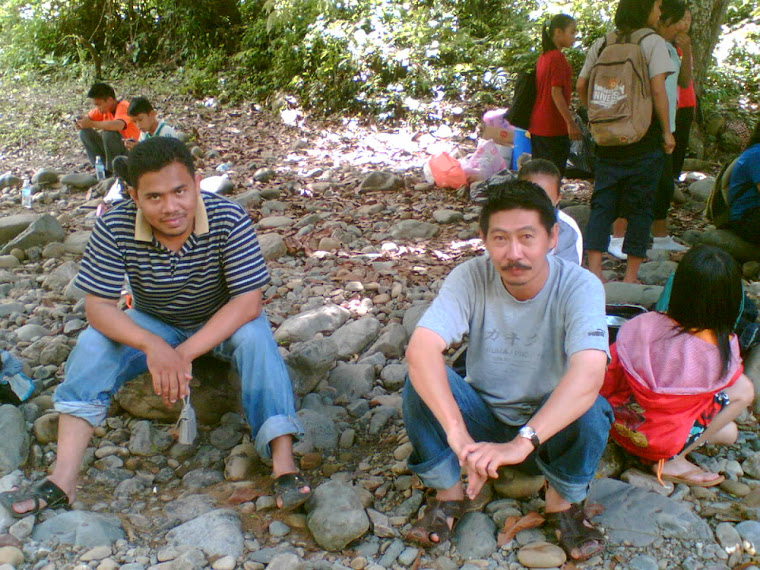.jpg)
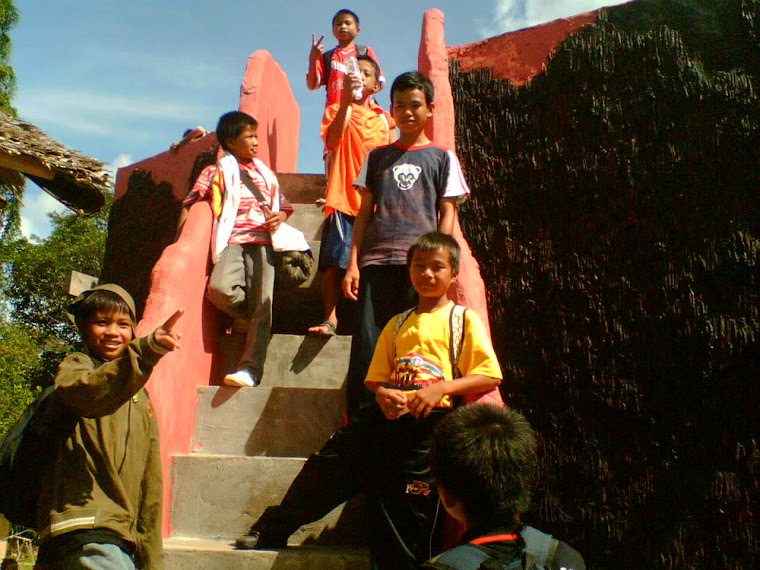.jpg)
.jpg)
.jpg)
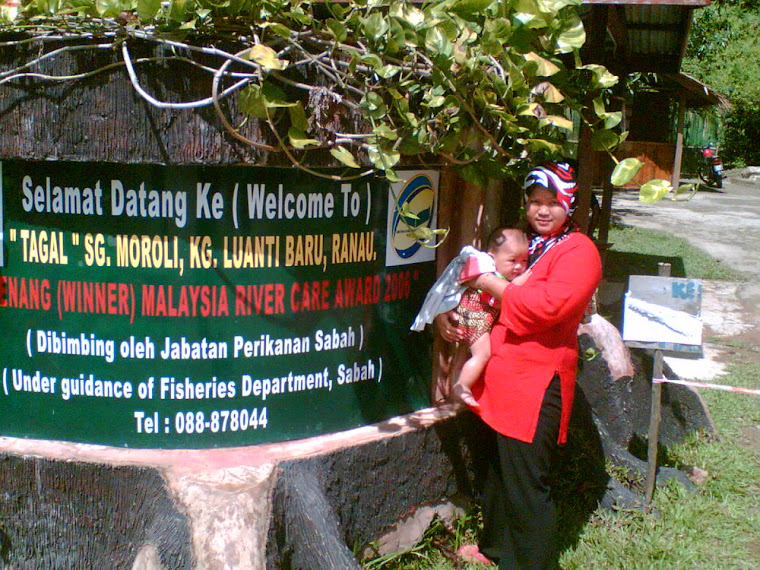.jpg)
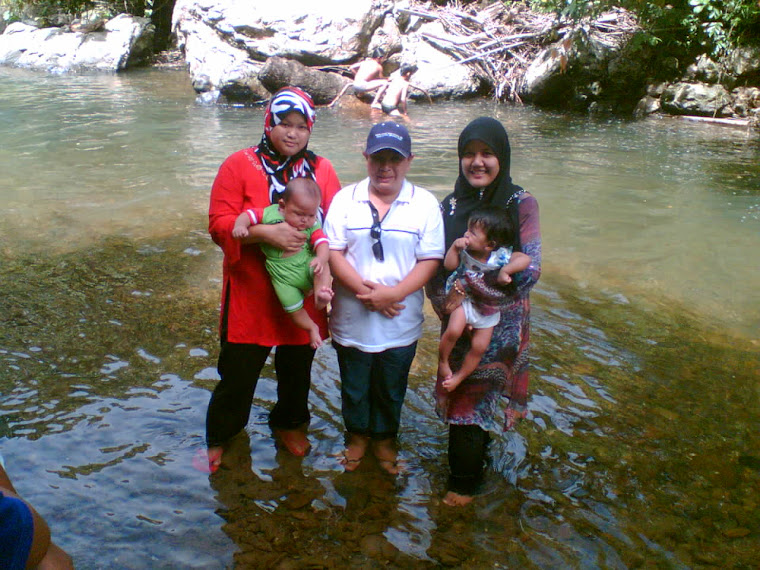.jpg)
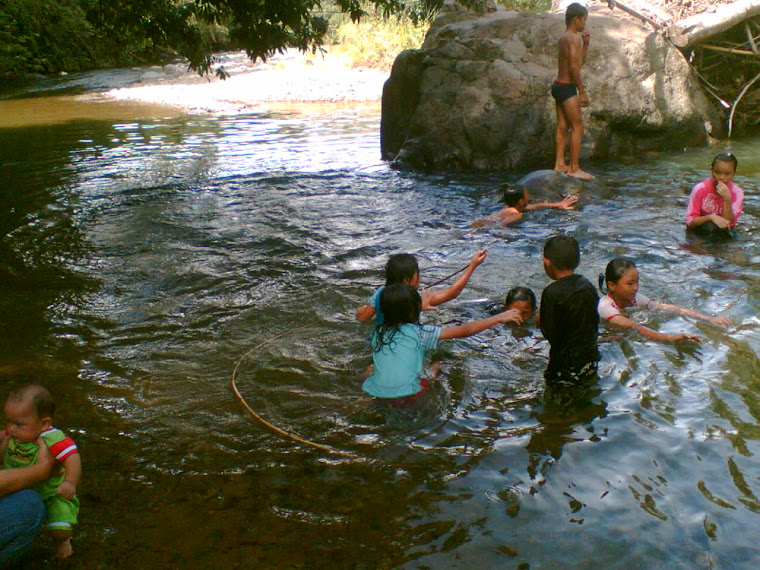.jpg)
.jpg)
.jpg)
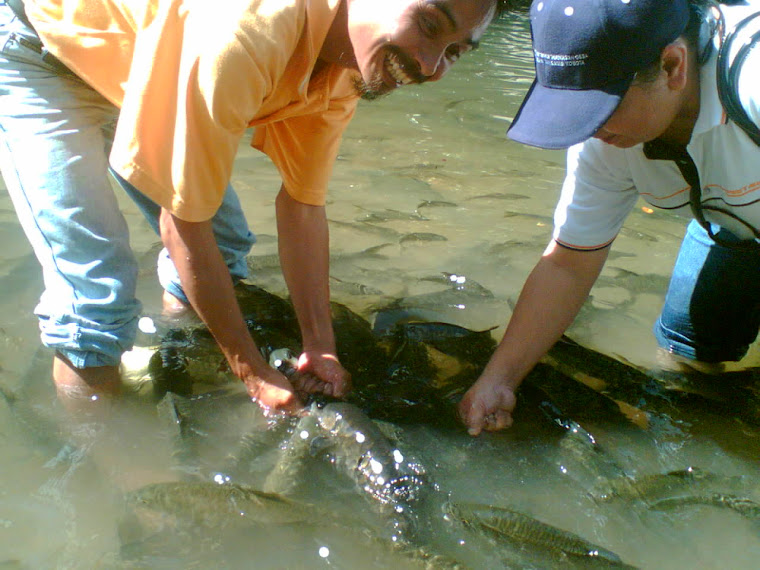.jpg)
.jpg)
.jpg)
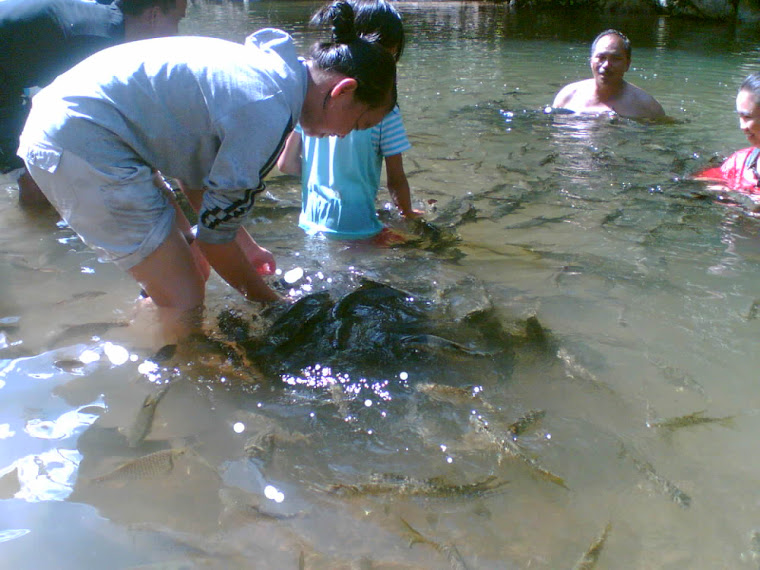.jpg)
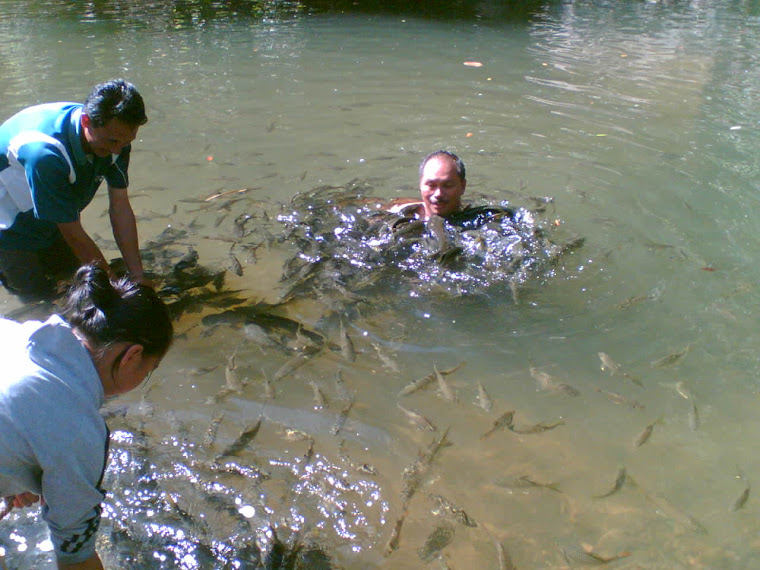.jpg)
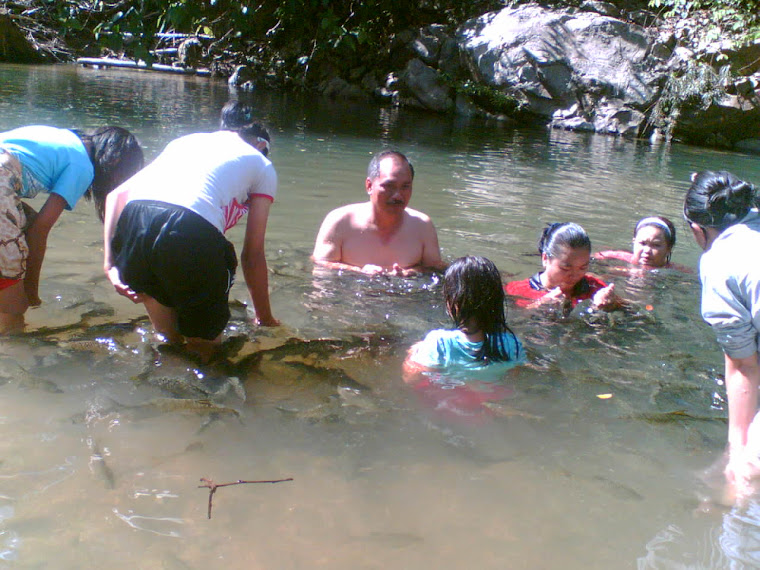.jpg)
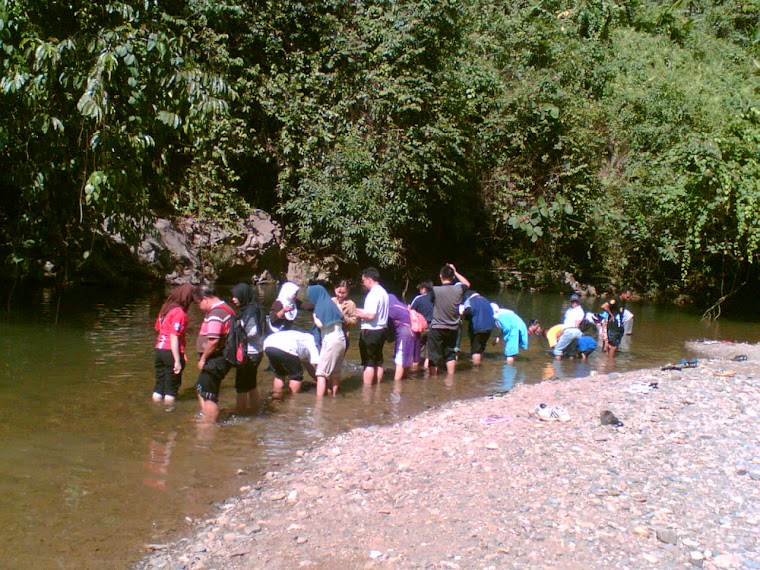.jpg)
.jpg)
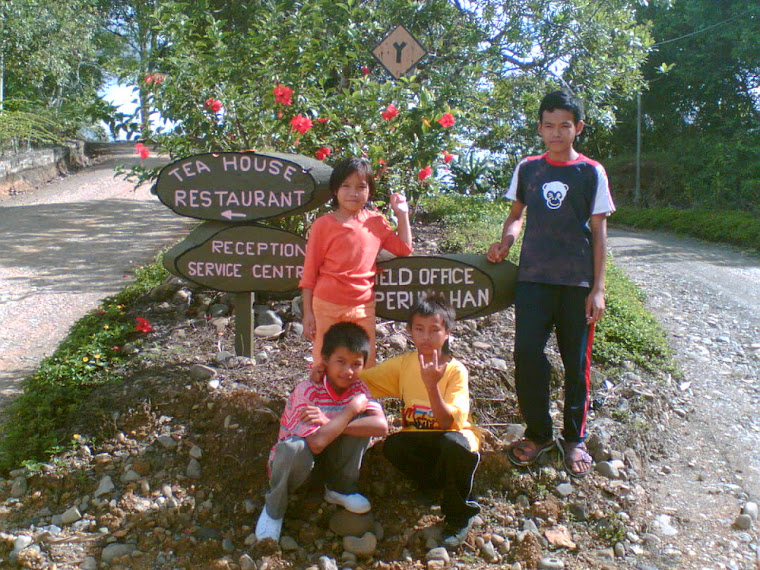.jpg)
No comments:
Post a Comment